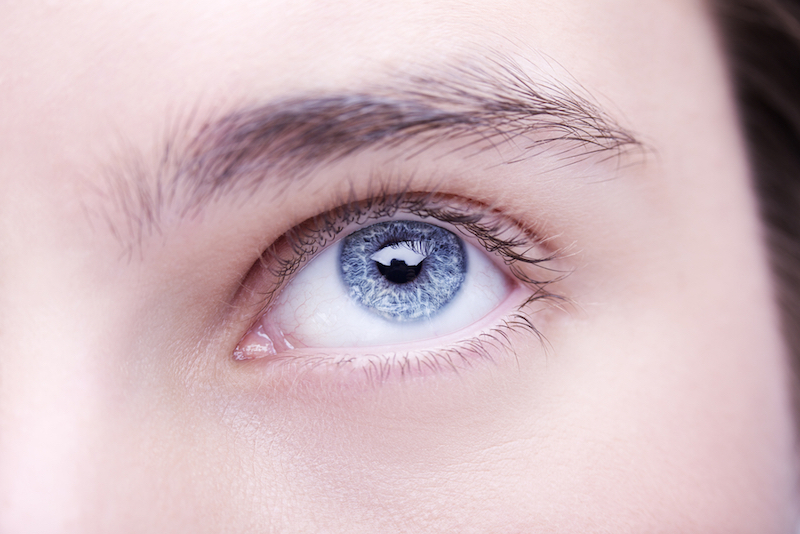Does Marijuana Use Affect a Person's Vision?

Get the world’s most fascinating discoveries delivered straight to your inbox.
You are now subscribed
Your newsletter sign-up was successful
Want to add more newsletters?

Delivered Daily
Daily Newsletter
Sign up for the latest discoveries, groundbreaking research and fascinating breakthroughs that impact you and the wider world direct to your inbox.

Once a week
Life's Little Mysteries
Feed your curiosity with an exclusive mystery every week, solved with science and delivered direct to your inbox before it's seen anywhere else.

Once a week
How It Works
Sign up to our free science & technology newsletter for your weekly fix of fascinating articles, quick quizzes, amazing images, and more

Delivered daily
Space.com Newsletter
Breaking space news, the latest updates on rocket launches, skywatching events and more!

Once a month
Watch This Space
Sign up to our monthly entertainment newsletter to keep up with all our coverage of the latest sci-fi and space movies, tv shows, games and books.

Once a week
Night Sky This Week
Discover this week's must-see night sky events, moon phases, and stunning astrophotos. Sign up for our skywatching newsletter and explore the universe with us!
Join the club
Get full access to premium articles, exclusive features and a growing list of member rewards.
Regular marijuana use may affect how well certain cells in the eye's retina function, a small new study finds.
But some experts say that the evidence presented in the study isn't strong enough to support the link between these two factors. The cells that the researchers focused on in the study, called retinal ganglion cells, are located near the inner surface of the eye's retina. These cells collect visual information and transmit it to the brain.
The study included 52 people who had used marijuana at least 7 times per week during the previous month and 24 people who had never used marijuana. The people in both groups were between 18 and 35 years old. The researchers verified the marijuana use by testing the people's urine for THC, marijuana's main psychoactive ingredient. [7 Ways Marijuana May Affect the Brain]
The researchers tested the participants' vision and found that their eyesight was relatively good, and that no one in the study group reported having any visual problems from using marijuana such as blurred vision, according to the study, which was published today (Dec. 8) in the journal JAMA Ophthalmology.
To study how well the participants' retinal ganglion cells worked, the researchers used a method called pattern electroretinography, which provides information about how well those cells function, as well as how fast they transmit visual information from the retina to the brain.
The test revealed that, compared to the people who didn't use marijuana, those who did use the drug had a slight delay in how long it took for information to be transmitted from the retina to the brain, according to the study.
It's not clear whether this potential effect of marijuana is permanent, or would stop when a person stops using the drug, said study co-author Dr. Vincent Laprévote, a psychiatrist at Pôle Hospitalo-Universitaire de Psychiatrie du Grand Nancy in France.
Get the world’s most fascinating discoveries delivered straight to your inbox.
But some experts argue that the study had significant limitations, and because of this, it's unclear whether or not there is an actual link between marijuana use and these effects.
More research is needed to determine whether marijuana use really is linked to changes in the functioning of those cells, said Dr. Christopher J. Lyons, an ophthalmologist at the University of British Columbia, who was not involved in the study. [Marijuana Could Treat These 5 Conditions]
Lyons noted that although the electroretinography results suggested a difference between marijuana users and nonusers, the delay didn't seem to translate into actual problems with the users' vision.
Indeed, the marijuana users in the study did not experience any actual visual symptoms or changes in the quality of their vision, Lyons told Live Science.
In an editorial that was published in the same journal as the study, Lyons and Dr. Anthony Robson, an ophthalmologist at the University College London who was also not involved in the study, noted that the researchers examined the people's marijuana use through urine tests, which are not as accurate as blood tests.
In addition, there are many other factors such as tobacco use, diet and lifestyle that might affect the functioning of a person's retinal cells, and these factors could have affected the results of the study, Lyons and Robson wrote.
Moreover, while the study authors said that the abnormalities that they found in the study that involved the functioning of the marijuana users' retinal ganglion cells might explain why some marijuana users experience altered vision, they did not present any evidence in the study to support this statement.
Originally published on Live Science.
 Live Science Plus
Live Science Plus






